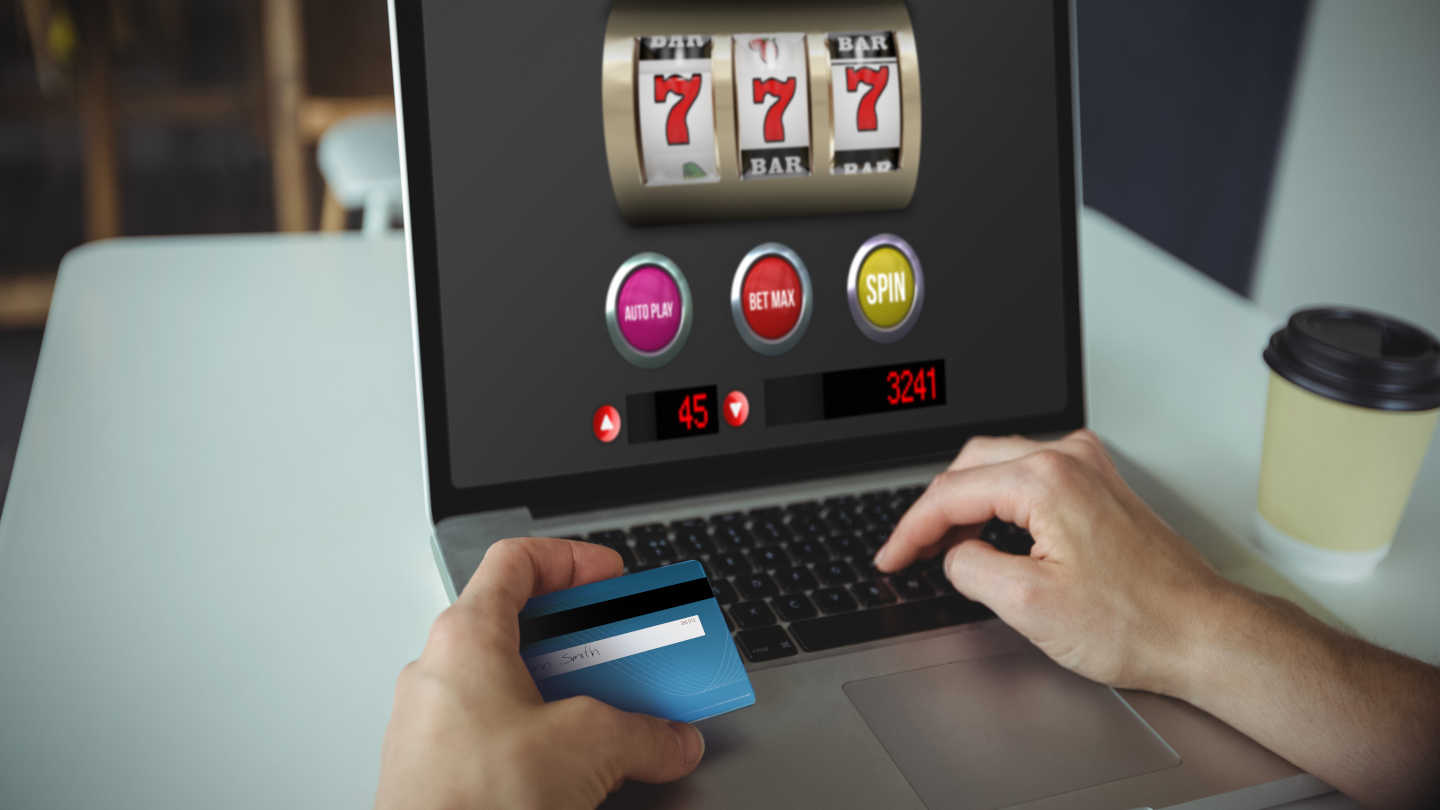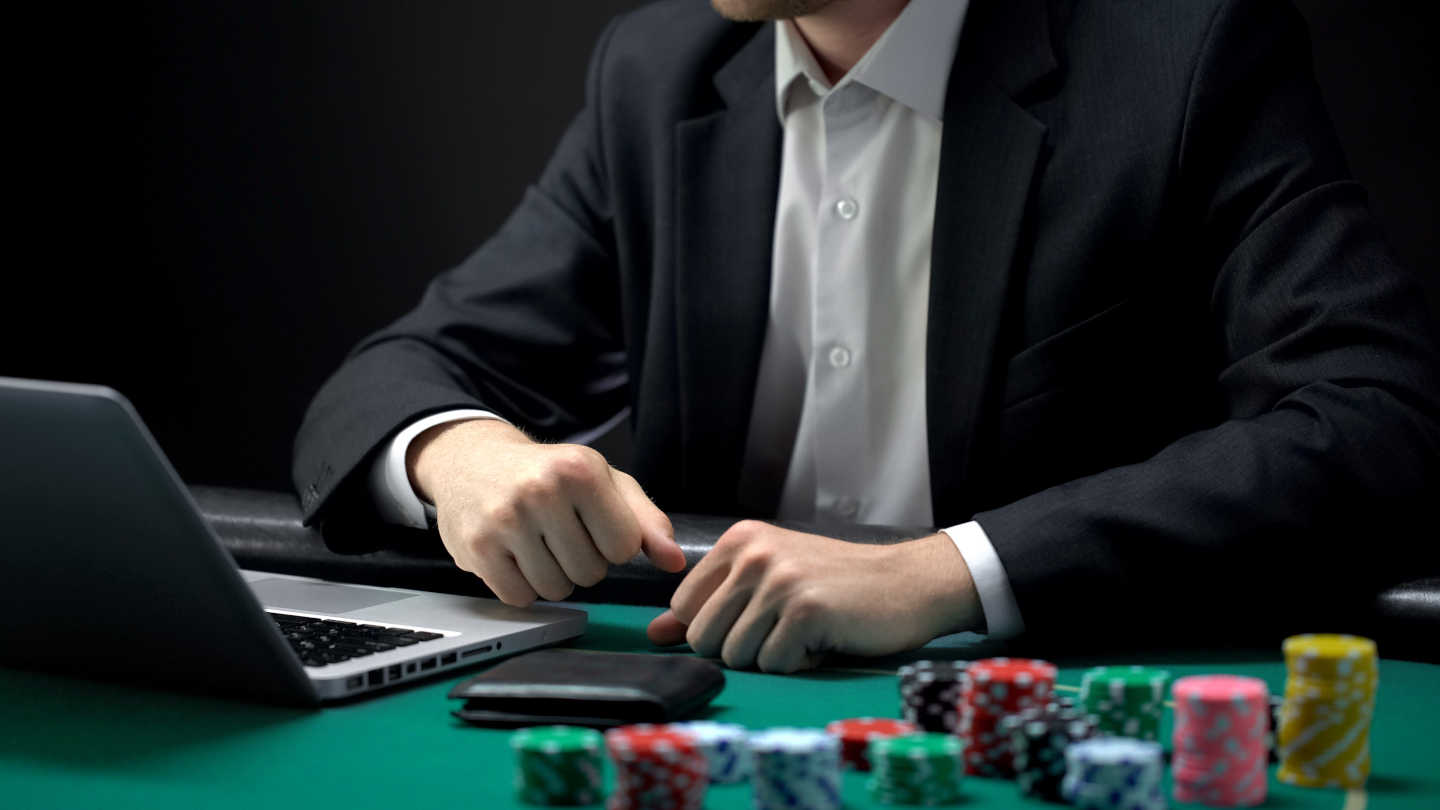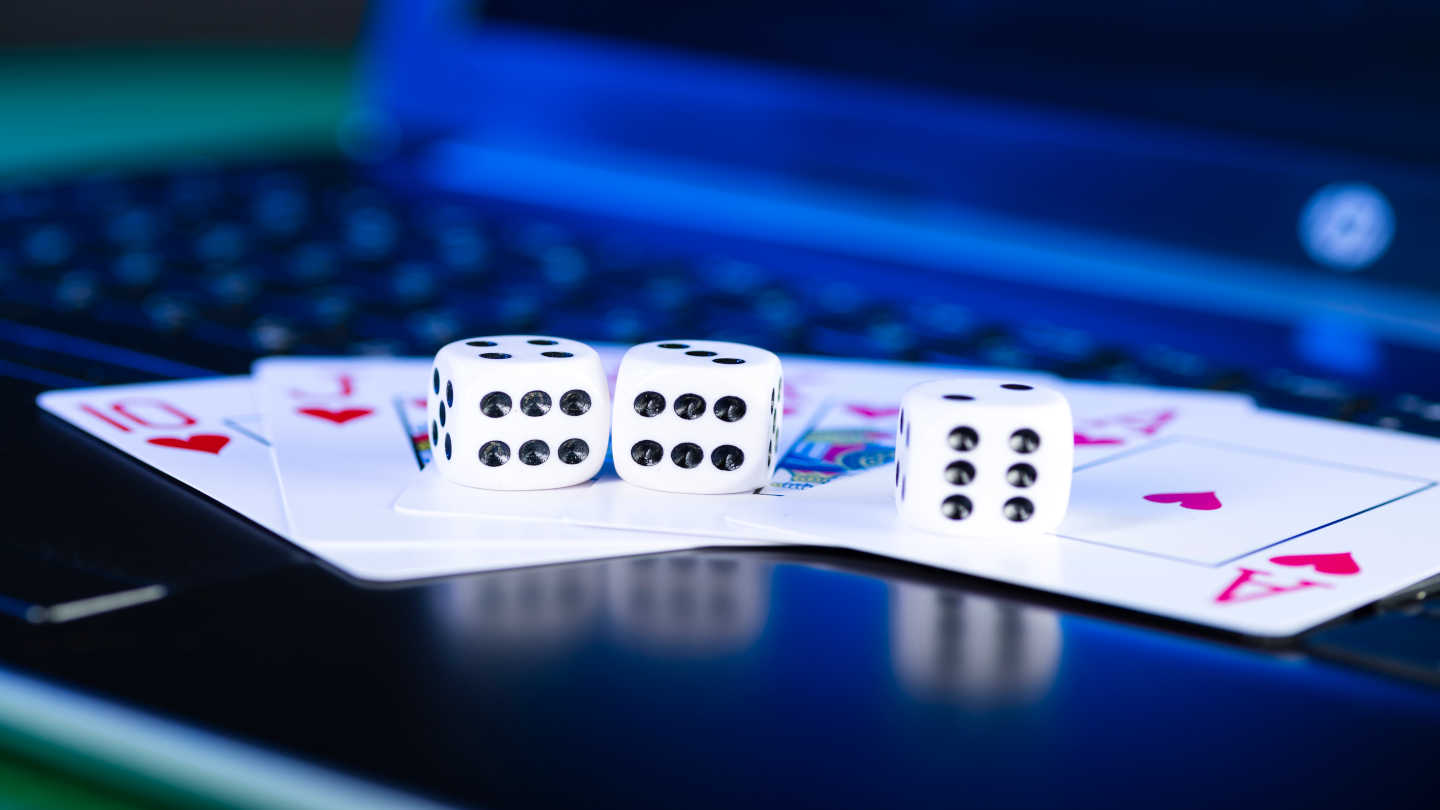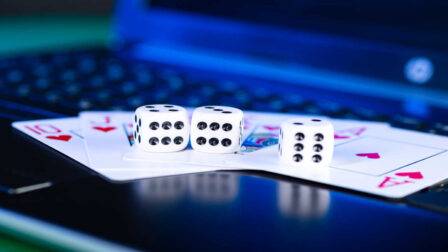Mastering the Mind Game: Psychological Strategies in Poker
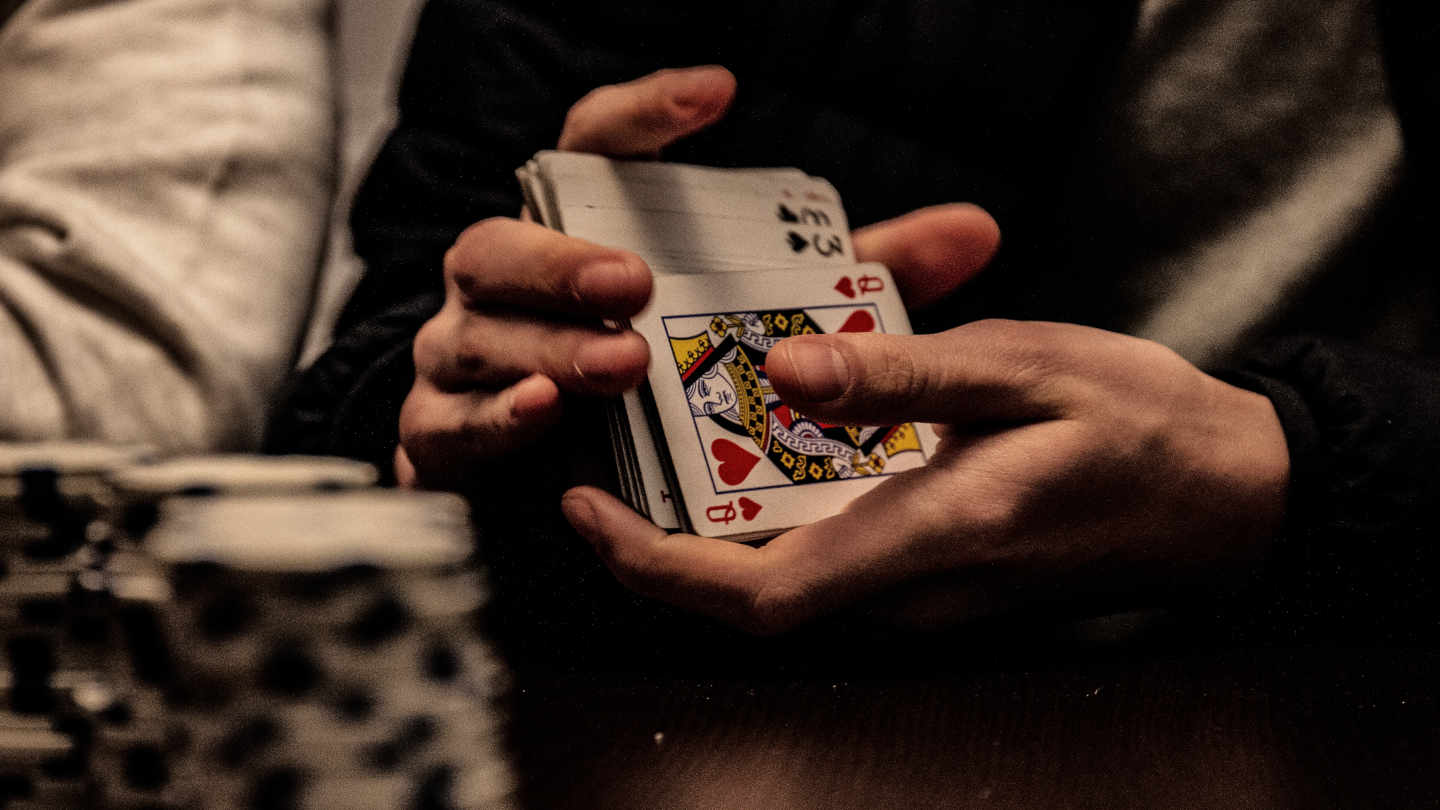
4 minutes
Last Updated: October 11, 2023
Out of the many games that you’ve encountered in casinos, the one that must have caught your eye was poker. It’s more than just a simple game of cards. It requires a combination of skill, strategy, and a deep understanding of the human psyche. If you ask a serious poker player, they’ll compare this game to psychological warfare.
Unlike the slot games Ireland sites have to offer, where you’re playing on your own, in poker, you’re playing against other players. And it’s important to be able to read your opponents and not let your emotions show up on your face.
Today, you can explore some expert tips and tricks on how to master psychological strategies in poker.
Capitalizing on the Power of Observation
If you look at professional poker players, especially the ones with several championships, you’ll notice they share one thing in common. And that is their astute powers of observation. They’re highly attentive individuals who keep a keen eye on their opponents.
These players are able to pick up on the slightest of body language cues to make assumptions about their opponent’s hand. They don’t leave anything out in their observation. They carefully watch facial expressions, the slight shifts in their movement. Everything is information that they can use to make calculated decisions.
Bluffing: An Integral Part of Poker
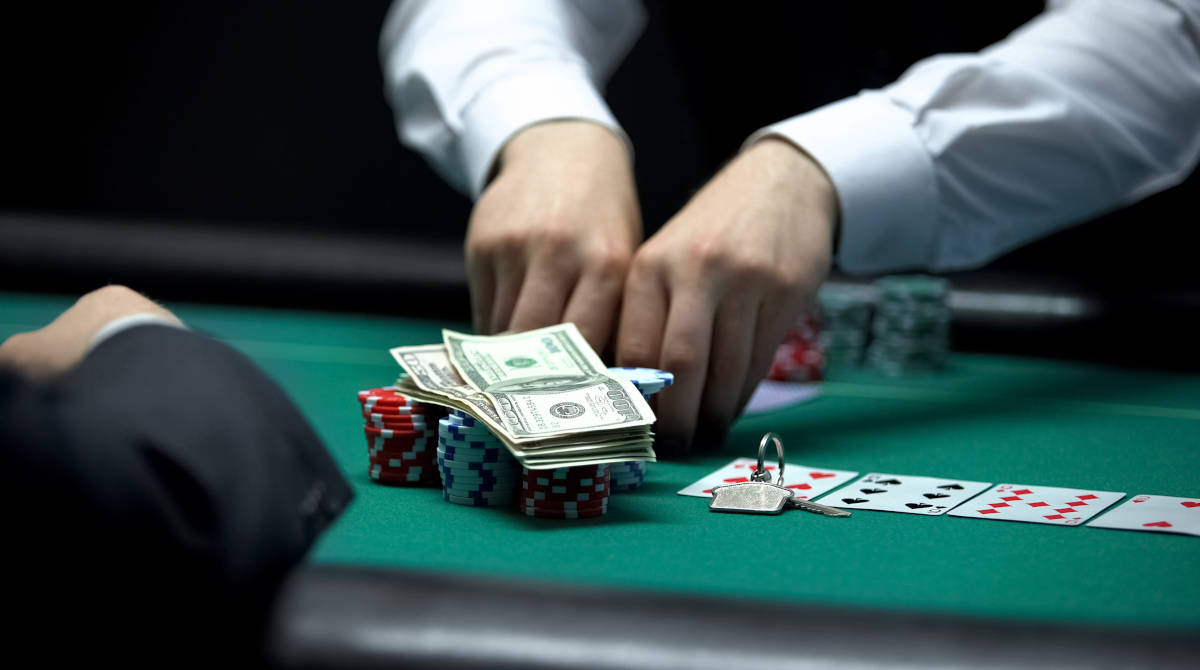
One of the most useful poker skills a player can have is bluffing. It’s essentially fooling the player sitting across from you. The idea is to give them a wrong impression about your weak hand. You behave and act in a way that tells them you have a very strong hand.
But while it might sound easy right now, in reality, this is a highly risky tactic. If you bluff and go all in, you’re essentially taking a leap of faith. You’re hoping the opponent will take the bait and fold on you. But if they’re as gutsy as you are and they end up having a stronger hand, you could lose it all.
That’s why this skill demands a deep understanding of the human psyche. If you time it well and against a player that you know will take the bait, you can turn a losing hand into a winning one.
The Poker Face
You must have heard the phrase “poker face” being used in different contexts. As you’re not trying to give any information away to your opponents, you need to maintain a fearless and neutral expression. This is a defensive tactic that every poker player uses.
By maintaining a poker face you’re stopping yourself from giving away any information to your opponents. Keep yourself calm and collected and make cold and calculated decisions. Don’t let the opponent rattle you to dictate the flow of the game.
Managing Your Emotions
Although many people don’t realize it, poker can be an emotionally challenging game. You’ll need to deal with a horde of emotions from frustration, overconfidence, and fear. You’ll go through these and force yourself to not show it on your face.
It’s important to stay level-headed and avoid making any rational decisions, even if you find yourself under pressure. If you let yourself crack, your opponents are not going to hesitate to use it against you.
Using Reverse Psychology
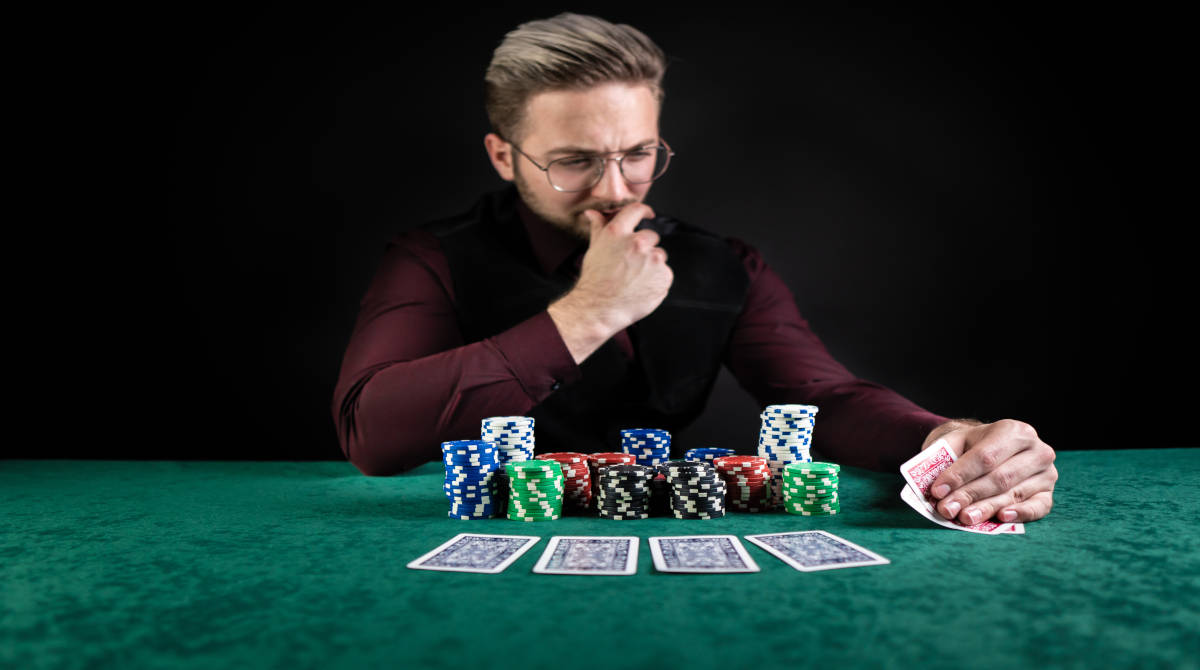
Along with reading your opponent’s mind, you will also need to learn how to trick them. You can provide false cues to mislead their assumptions. This can involve things like wearing a worried expression even when you have a strong hand. A player that gets fooled by this will call and raise, thinking they have a better hand.
By forcing them to make a wrong decision, you can seize the opportunity and win the round with your strategic advantage. You can set up these traps within a single round or build up to it by intentionally folding even when you have a winning hand to give off the wrong impression.
Patience is Key
After reading about different tactics, one thing must have become clear to you. In order to pull off any technique, whether it’s offensive or defensive, you need to be patient. Caving under pressure or acting haphazardly can lead you to lose rounds.
Poker is about discipline and patience. So, make sure to control yourself when you’re playing. Knowing when to call and when to fold can be the difference between winning and losing.
Final Thoughts
Understanding your opponent is only the first step. Being a master at poker means you need to be dynamic with your strategy. By honing your tactics, you can significantly enhance your chances of success at the table. It’s not always about the cards you hold; sometimes, it’s about outplaying your opponent if you want to win.










